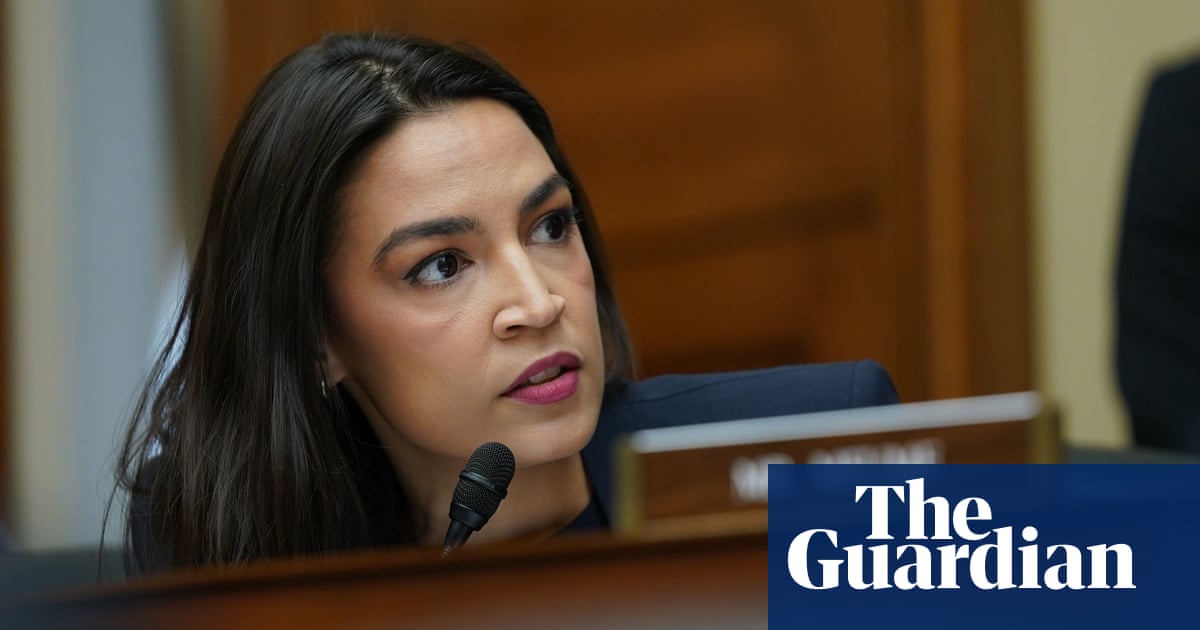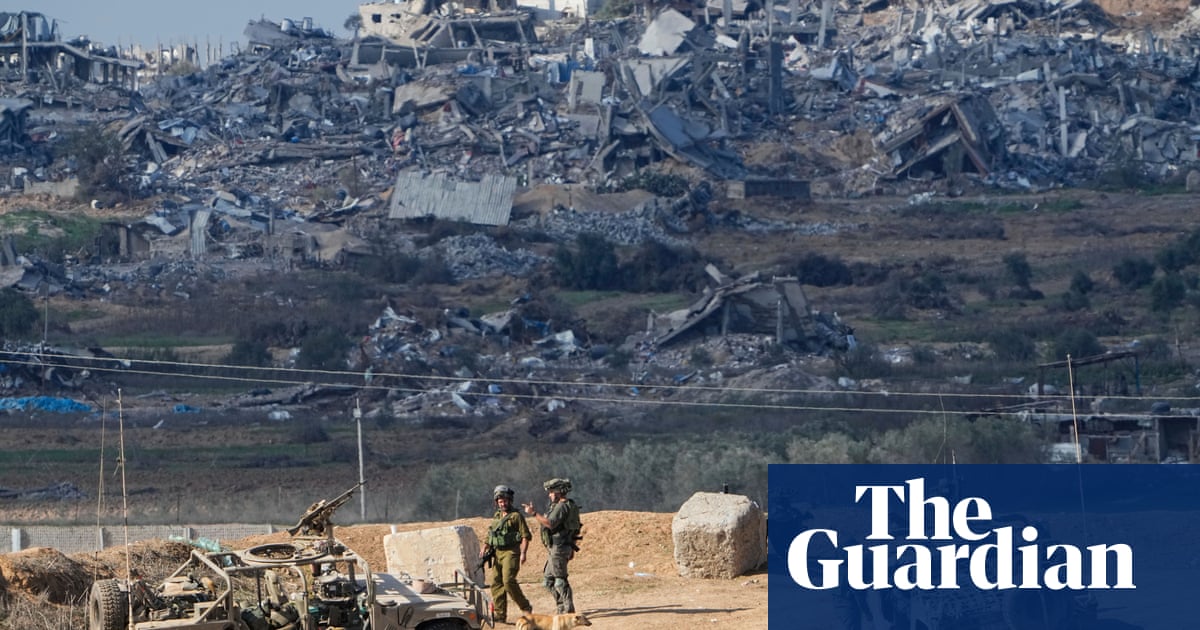
There has been worldwide condemnation of Myanmar’s de facto government following its announcement on Monday that it had executed four political activists. The killings follow secret proceedings earlier this year, which were criticized at the time by the UN and human rights organizations as lacking due process and falling short of internationally accepted standards of justice.
The executions are only the latest in a long list of atrocities committed, encouraged or condoned by the military, which has governed Myanmar since its independence from Britain in 1948.
Those crimes include genocide, wholesale denationalization of minorities, slavery, human trafficking, recruitment of child soldiers, torture and the use of excessive force against civilians.
The most serious of those atrocities is obviously the crime of genocide. A case over Myanmar’s treatment of its Muslim Rohingya minority has been lodged since 2018 with the International Court of Justice in the Hague. Last Friday, the court rejected Myanmar’s objections, paving the way for the case to be heard in full. Presiding judge Joan Donoghue asserted that all states that had signed the 1948 Genocide Convention could and must act to prevent genocide. In a 13-page ruling, the court established the legal justifications for its jurisdiction to try the case.
In 2020, the court issued a provisional decision ordering Myanmar to protect the Rohingya from harm — a legal victory that established their right under international law as a protected minority. But while the Hague court’s decisions are binding and countries generally follow them, it has no way of enforcing its rulings. Rohingya groups and rights activists have said that there have been no meaningful efforts by the military to end their persecution.
A UN mission concluded that the 2017 military campaign against the Rohingya, which drove 730,000 of them into neighboring Bangladesh, included “genocidal acts.” They are still denied citizenship and freedom of movement in Myanmar. The refugees have not been allowed to go back to their homes and those who have stayed are subjected to widespread abuse.
There have been vocal international condemnations for Myanmar’s treatment of the Rohingya, but little action to restore their rights. Part of the reason is that the military managed in the past to isolate the country’s dozen ethnic communities from the mainstream. It also put pressure on politicians, including those from the majority ethnic and religious group, to side with the military against those minorities.
A case in point is democracy leader Aung San Suu Kyi, who in 2019, while serving as Myanmar’s de facto prime minister, did the military’s bidding by personally defending Myanmar in the Hague hearings regarding the country’s treatment of the Rohingya. The junta has since imprisoned her again despite the fact that she won the 2020 elections.
Wholesale denial of human rights, which in the past targeted minorities, has now engulfed the whole country.
Dr. Abdel Aziz Aluwaisheg
There have been similar condemnations this week of the executions reported on Monday. The four activists executed included Kyaw Min Yu, better known as Jimmy, and former lawmaker and hip-hop artist Phyo Zeya Thaw, an ally of the ousted Suu Kyi. The two others executed were Hla Myo Aung and Aung Thura Zaw. Following the executions, the National Unity Government, a local political group leading efforts to restore civilian rule in Myanmar, called for international action against the military’s bloody crackdown on nationwide protests, which have engulfed the country since the coup of February 2021.
The executions are believed to be the first carried out of 117 death sentences issued by military tribunals since the coup, according to the Assistance Association for Political Prisoners, a human rights monitoring group.
The military has ruled Myanmar for most of the country’s postcolonial history following its independence from Britain in 1948. After an experiment with democracy between 1948 and 1962, the army seized power and has remained in control, directly or indirectly, ever since.
In 2015, the military allowed openly contested and internationally observed elections, which gave Suu Kyi’s party an absolute majority of seats in both chambers of parliament. In 2016, one of her supporters, Htin Kyaw, was elected as the first non-military president of Myanmar since the coup of 1962. She was chosen as “state counsellor,” or a de facto prime minister, but the junta remained active in the background.
Suu Kyi’s party won again in 2020 in a landslide, and groups affiliated with the military suffered a more humiliating defeat than in 2015. The military responded by formally seizing power in February 2021, leading to nationwide protests, which have continued despite the use of excessive force to suppress them. According to the AAPP human rights group, more than 2,100 people have been killed by security forces since the coup.
Return to direct military rule has reignited or added fuel to Myanmar’s civil wars involving about a dozen ethnic groups, leading to new charges of gross violations of human rights committed by security forces.
UN Secretary-General Antonio Guterres has strongly condemned the executions, and called again for the release of all arbitrarily detained prisoners, including Suu Kyi. In a joint statement, the EU, Australia, Canada, Japan, New Zealand, Norway, South Korea, Britain and the US have also condemned the killings.
In the US, there appears to be bipartisan revulsion at what is happening in Myanmar, expressed by the White House, State Department and lawmakers from both parties. Senate Foreign Relations Committee Democratic Chairman Bob Menendez and Senate Republican leader Mitch McConnell have both urged the Biden administration to impose sanctions on Myanmar.
Myanmar’s neighbors have also expressed concern. Last month, Cambodia’s Prime Minister, Hun Sen, chair of the Association of Southeast Asian Nations, sent a letter urging Myanmar’s military chief not to carry out the executions.
Wholesale denial of human rights, which in the past targeted minorities, has now engulfed the whole country. The scale of those violations is difficult to assess because of the country’s isolation, but the international community has clearly failed so far to protect Myanmar’s civilians. More needs to be done. “Muscular” diplomacy needs to be deployed. UN Special Rapporteur on human rights in Myanmar Tom Andrews has called on the Security Council to adopt “not only condemnation, but clear strategic action, sanctions, economic sanctions and arms embargoes.”
The ICJ ruling on genocide and the universal condemnation of the recent executions should re-energize UN efforts and international action to bring a measure of peace and justice to this troubled land.
• Dr. Abdel Aziz Aluwaisheg is the GCC assistant secretary-general for political affairs and negotiation, and a columnist for Arab News. The views expressed in this piece are personal and do not necessarily represent GCC views.
Twitter: @abuhamad1












